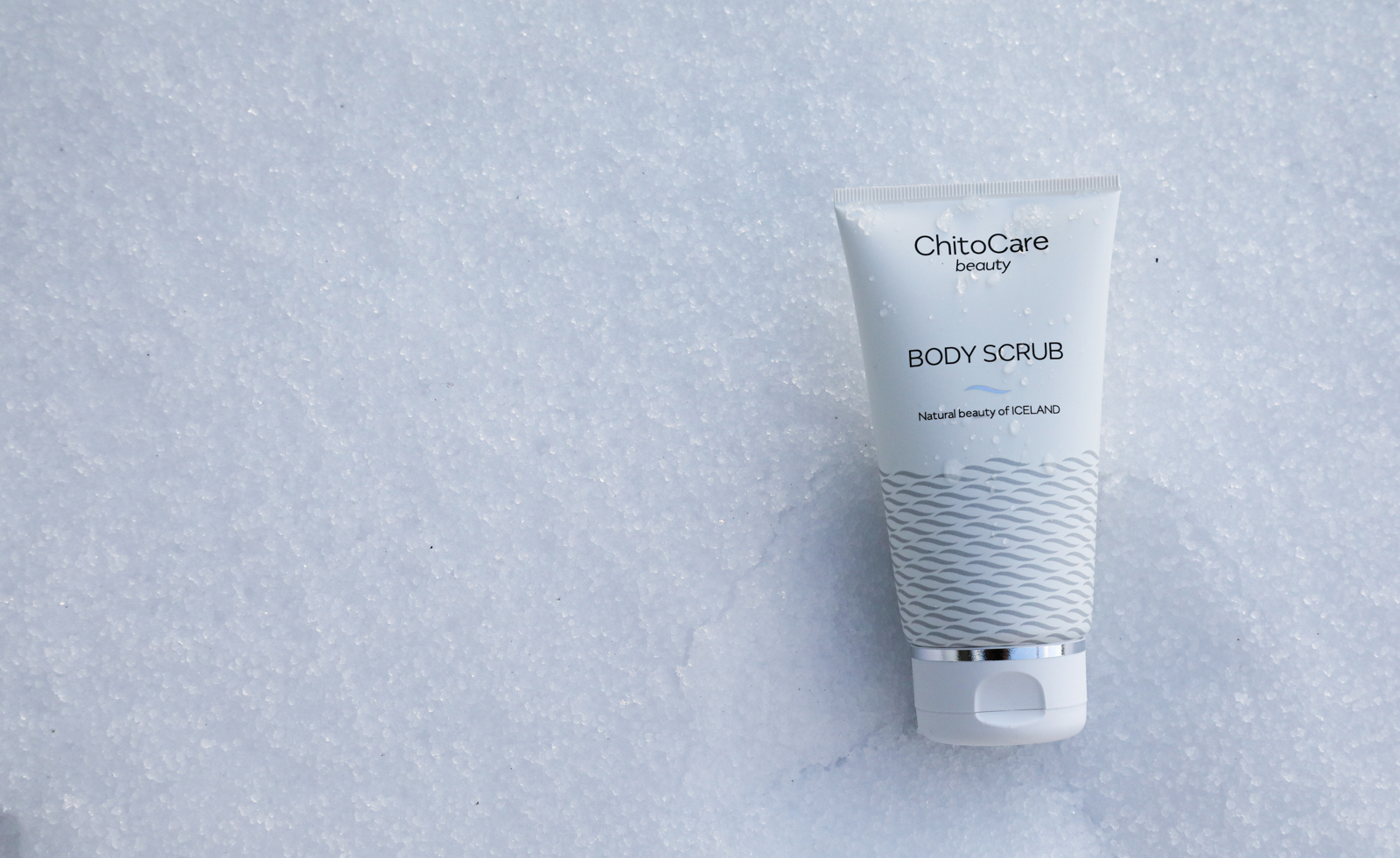
Dry Skin vs. Dehydrated Skin: What's the Difference?
Many people often confuse dry skin with dehydrated skin, but the two are quite different. Understanding these distinctions is crucial in treating your skin effectively. Let's dive into what causes dry skin and dehydration, explore their symptoms, and offer solutions for both.
Dry Skin: What It Is and What Causes It
Dry skin is a skin type, meaning it's a consistent trait of your skin rather than a temporary condition. This type of skin doesn't produce enough natural oils (sebum), leading to a lack of moisture that is crucial for keeping the skin supple and hydrated. Here are some common causes of dry skin:
- Genetics: Some people are simply born with less sebum production.
- Ageing: As we age, our skin produces less oil, leading to drier skin over time.
- Hormonal Changes: Hormonal fluctuations, especially during menopause, can reduce oil production.
- Environmental Factors: Cold weather, wind, and dry air from heaters can strip the skin of its natural oils.
Signs & Symptoms of Dry Skin
- Dull Appearance: Skin that lacks moisture will appear lacklustre and tired. Without proper nourishment, your complexion won't have that radiant glow.
- Redness: Dry skin can lead to red patches, often caused by inflammation or conditions like contact dermatitis.
- Itching & Irritation: The lack of oil makes the skin prone to irritation, often leading to persistent itching. Scratching can worsen the problem, causing further skin damage.
- Flaking: When moisture levels drop too low, the skin may start to peel or flake, creating small, visible bits of dry skin.
- Rough Texture: Prolonged dryness can result in rough patches as the skin struggles to heal and restore its protective barrier.
- Tightness: Dry skin lacks flexibility and can feel tight, especially around areas where oil production is lower, like the cheeks or hands.
Dehydrated Skin: What It Is and What Causes It
Dehydrated skin, unlike dry skin, is a skin condition that can happen to anyone, regardless of their skin type. It’s caused by a lack of water, not oil. This means that even oily or combination skin types can suffer from dehydration. The primary causes of dehydrated skin include:
- Insufficient Water Intake: Not drinking enough water leads to reduced skin hydration.
- Environmental Stressors: Exposure to harsh climates, pollution, or indoor heating can dry out your skin.
- Skincare Habits: Over-cleansing or using harsh products can strip the skin of its natural moisture, leading to dehydration.
Signs & Symptoms of Dehydrated Skin
- Tight Feeling: Dehydrated skin can feel tight, especially after cleansing. This is a key difference from dry skin because even oily areas can feel tight when your skin is dehydrated.
- Dullness: Just like dry skin, dehydration leads to a lacklustre appearance, but the cause is due to lack of hydration rather than oil.
- Increased Sensitivity: Dehydration weakens the skin's barrier, making it more prone to irritation and sensitivity.
- Fine Lines: Dehydration can accentuate fine lines and wrinkles, as the skin is not plumped up with moisture.
- Oily Yet Dehydrated Skin: A major sign of dehydration is experiencing oiliness in your skin, combined with tightness. This happens because your skin overproduces oil to make up for the lack of water.
Solutions for Dry and Dehydrated Skin
Treating Dry Skin:
- Moisturize with Rich, Oil-Based Creams: Use products that help restore your skin’s lipid barrier. Look for nourishing oils like coconut, sunflower seed or sweet almond.
- Use Gentle Cleansers: Opt for mild, sulfate-free cleansers that won’t strip your skin of its natural oils.
- Apply Humectants: Ingredients like chitosan, hyaluronic acid and glycerin draw moisture into the skin and are great for providing hydration.
- Shield Your Skin: Use a protective balm or cream during harsh weather to protect your skin from wind and cold.
Treating Dehydrated Skin:
- Drink More Water: The most obvious solution is to increase your water intake to help hydrate your skin from the inside out.
- Choose Lightweight, Water-Based Products: Use products rich in humectants like hyaluronic acid and chitosan to attract water into the skin without adding excess oil.
- Avoid Harsh Skincare Ingredients: Stay away from alcohol-based products that can dry out your skin even more or cause an imbalance in your skin pH.
- Use a Hydrating Serum: Adding a hydrating serum to your skincare routine can help replenish lost water, especially when followed by a good moisturizer to lock it in.
How ChitoCare beauty Can Help
For both dry and dehydrated skin, ChitoCare beauty offers solutions that nourish, protect, and hydrate your skin.
- Anti-Aging Repair Serum: A great option for those dealing with both dehydration and dry patches, this serum contains a powerhouse combination of active ingredients that work together to improve skin hydration and firmness while reducing roughness and the appearance of wrinkles and fine lines. Containing hyaluronic acid that provides intensive moisture and improves skin texture, glycerin that attracts moisture from the air and traps it in skin cells, and of course our star ingredient, chitosan, known for its ability to lock in moisture, support the skin barrier and the skin’s natural repair process for improved healing.
- Anti-Aging Day Cream: This cream helps repair and protect the skin barrier thanks to strengthening chitosan, restorative chicory root, emollient and skin conditioning squalane, calming and soothing Acmella oleracea extract, and deeply hydrating prickly pear that calms irritated skin. Ideal for dry skin needing extra nourishment.
- Body Lotion: Calm and soothe tight or dry skin with our deeply nourishing body lotion. Containing natural moisturizing oils from coconut and sunflower seed, aloe vera leaf juice, that helps the skin remain hydrated and prevents transepidermal water loss, and hydrophilic chitosan that functions as a humectant, attracting and absorbing moisture from the environment and retaining it in the skin.
By understanding the difference between dry skin and dehydration, you can tailor your skincare routine to your specific needs, ensuring a healthy, glowing complexion year-round. ChitoCare beauty’s natural, science-backed products are powered by chitosan, a natural choice to help restore your skin’s balance.


